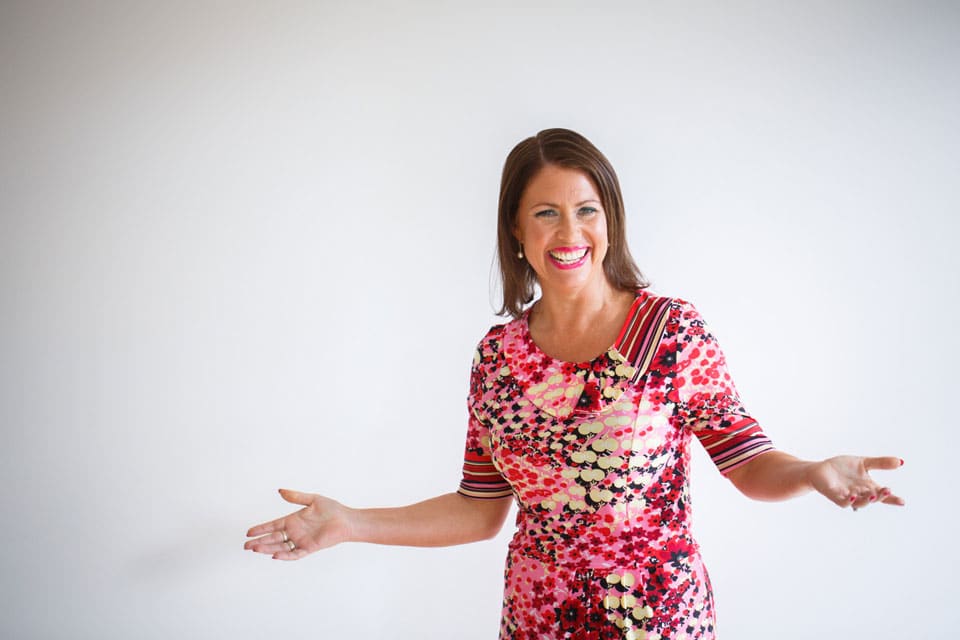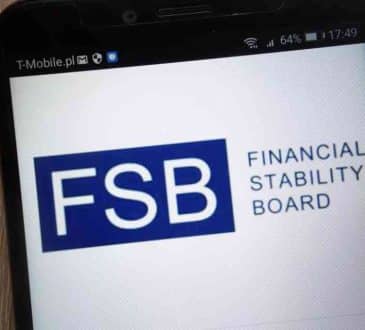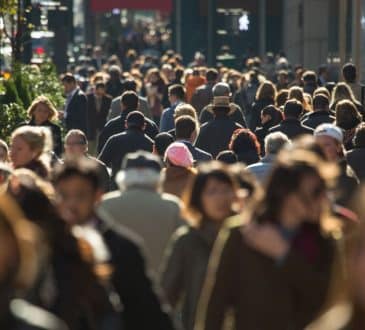How helping people makes you more persuasive

When you have a very good idea, (and you need someone to approve it or endorse it), have you ever found yourself feeling incredibly frustrated because the person you are trying to persuade just doesn’t seem that interested in listening to you? Under these circumstances there’s no way they are going to do the thing you need them to do!
It’s exasperating and annoying all at once. What can you do about this? How can you build some goodwill, so they start listening when you talk? My research into persuasion tells us that one of the best things you can do to create a strong sense of goodwill, and therefore improve your persuasiveness is easier than you might think. One way to make sure you build your persuasive strengths is to find ways to help people.
Find ways to help people
When you do a favour or good deed for someone, you affect their life in a positive way and create a lasting bond. A simple good deed for someone builds trust. And the good news is that this trust brings the other person closer to you, and you closer to them. When you help people, you give positive vibes. You’re very contagious and uplifting to be around, and people want to be your friend.
When people want to be your friend, they are more likely to be persuaded by you. Australian basketball legend Patty Mills wisely said, ‘Pour in more than you pour out and find joy in bringing value to others’. What a great life hack!
Fun fact: A very cool phenomenon known as ‘helpers high’ is where you feel a boost in your happiness from helping someone. You’ll feel good because you made them feel good. If that’s not a win–win, I don’t know what is!
Helping people more often
The best and simplest way to help people more often is to get into the other person’s shoes and ask yourself, ‘What would I need right now if I was in this situation?’ And then make sure you offer that thing (or just do it) for the other person.
Alex’s story
I was recently away from my young adult children on a mountain bike adventure with my husband. We were six hours from home, and we received a call to let us know that they were all close contacts of a friend who had been diagnosed with the COVID-19 virus. At that distance, we couldn’t do anything more than offer our sympathies and reinforce that the girls should stay put in our home until their (hopefully) negative result.
After getting their COVID-19 test, they went about cancelling all their appointments for the coming week while they isolated. One appointment that they had to cancel was a personal training session with our superstar legend personal trainer, Alex. Instead of being angry and rude to my daughter and threatening to charge her for the last-minute cancellation, Alex exclaimed, ‘Oh, I’m so sorry you might have COVID! Can I pick up some groceries for you and leave them at your front door for your meals this week?’ This amazing offer only made us more loyal to Alex as our personal trainer. Find ways to help people.
By helping other people, you also set the law of reciprocity in motion. This results in a cycle of goodwill between you and the other person. When you are generous and often find ways to help people, you’ll be the first person others think of when they feel the need to be generous.
Warwick’s story
Warwick Merry is Australia’s leading online event host, online meetings specialist and ‘master MC’ — and Warwick says he’s also his wife’s favourite husband. Yes, as you can see, he’s funny too! Warwick is one of the most generous Friendly Budgies I know, and that’s saying something because I value generosity above most other traits in a human.
One day I asked Warwick, why he continued to offer so many unsolicited favours to people. He told me that “it would be easy to say it is because I am kind, it gives me a good feeling, or it fits in with my ‘gentle giant’ persona. And while they are all true, they’re not the main reasons. The main reason I continue to give (to the point that I question whether I am giving too much) is that a kind and giving world is the kind of world I want. While the evidence sometimes points to the contrary, I choose to believe that the world is a great place and people are morally good, supportive and generous to each other. And if that is the kind of world I want to live in, then I need to take what action I can to create that world. For me, giving or contributing to others is a simple way to make the world a better place for me to live.”
Wow! What a great approach right? Yes, Warwick receives lots of benefits from finding ways to help people, including that he does genuinely feel like the world is a better place, and he gets to celebrate the success of people he has helped. (I am one of them!) He also feels great. Knowing Warwick, I can tell you these things are not the only benefits he derives from finding ways to help people.
Warwick would tell you quite plainly if you asked him that he also gets a very positive financial return from finding ways to help people. For example, at the start of the COVID-19 pandemic when our events industry shut down almost overnight and speakers were in a state of shock, panic and fear, Warwick asked himself, ‘What can I do to help people?’ His answer was to start a weekly group called What’s Up Wednesday, where people in events could catch up and learn things online. He invited anyone and everyone to attend and, whatever you need, you can talk about it in Warwick’s group. More recently he has created a social media group called Making Events Awesome and is helping people via this medium too!
Warwick does this because he knows people want to stay connected. He realises that everyone in our speaking and events industry needs support. I was one of the first to attend, and many more followed. One of Warwick’s colleagues in the United States who regularly joins in the sessions referred him to one of her clients and her client became his client. The initial four event booking from this new client turned into over 30 events over an 18-month period with a view to ongoing work. In November 2021, Warwick was a recipient of the Global Outstanding Intrapreneur Award for his service to the speaking industry.
If you make people feel good, you might reap amazing benefits too! Why not make a plan this week to do something for someone else that makes them feel good?
Written by Michelle Bowden.
Have you read?
These are the countries with the Highest Average Salaries, 2022.
International Financial Centers Ranking, 2022.
How Companies Are Using Tech to Disrupt Traditional Industries by Rhett Power.
Using Good Friction to Motivate Employees Back to Work by Soon Yu.
How to Live a Better Life & Leadership.
Four Steps to Successfully Build & Leverage Strategic Partnerships by Cristobel von Walstrom.
Add CEOWORLD magazine to your Google News feed.
Follow CEOWORLD magazine headlines on: Google News, LinkedIn, Twitter, and Facebook.
Copyright 2024 The CEOWORLD magazine. All rights reserved. This material (and any extract from it) must not be copied, redistributed or placed on any website, without CEOWORLD magazine' prior written consent. For media queries, please contact: info@ceoworld.biz








